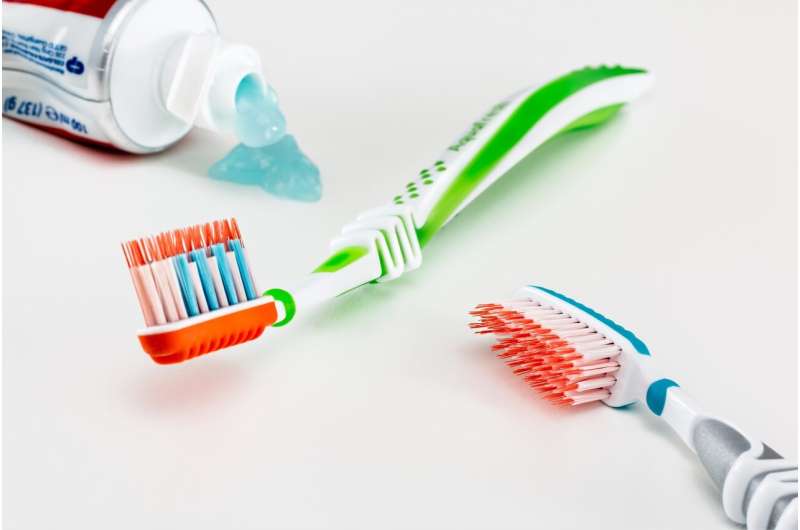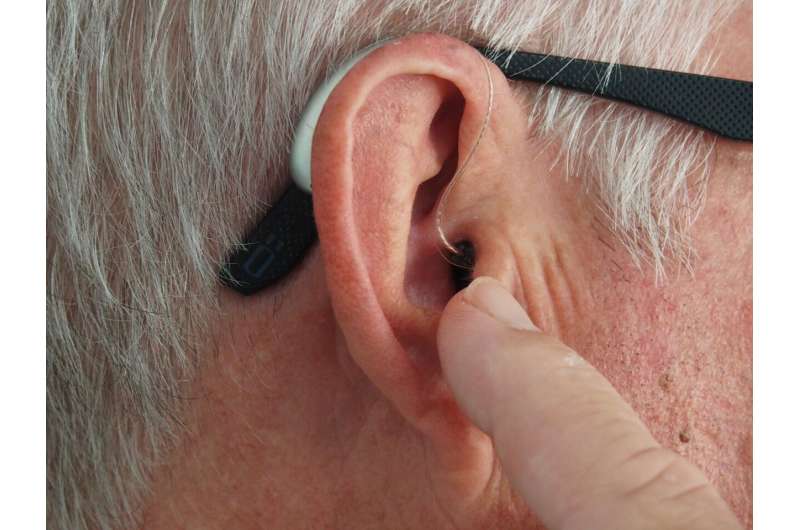Rethinking the Necessity of Six-Monthly Dental Check-Ups and Cleanings

Recent research indicates that routine dental check-ups every six months may not be necessary for everyone. Tailoring visit frequency based on individual risk factors can better support oral health and resource efficiency.
Regular dental visits have long been recommended every six months for maintaining oral health. These visits typically include an examination by a dental professional, professional cleaning, and sometimes X-rays to detect issues not visible to the naked eye. The primary goal is to identify early signs of tooth decay and gum disease, and to remove plaque and tartar buildup that cannot be eliminated through home care alone.
However, recent high-quality research challenges the traditional routine of fixed six-month intervals for everyone. Systematic reviews, especially from the Cochrane Collaboration, have shown that for most adults, visiting the dentist every six months does not significantly reduce the risk of tooth decay or gum inflammation compared to a risk-based approach. This means that the frequency of dental visits should be tailored to individual risk factors, such as existing oral health conditions, lifestyle, and personal habits.
The evidence suggests that a one-size-fits-all approach may not be the most effective strategy. High-risk individuals, such as those with ongoing gum disease or frequent cavities, may require more frequent visits, while others with a stable oral health profile might only need to see their dentist annually or even less often.
It is also worth noting that the benefit of routine professional cleaning every six months may be limited. Studies indicate that regular cleanings do little to prevent gum disease or reduce plaque compared to less frequent cleanings, although many patients report feeling that their teeth are cleaner. Moreover, the actual impact on quality of life and overall oral health may not justify the habit of pre-scheduling visits at fixed intervals.
Maintaining good oral hygiene at home remains crucial. Brushing twice daily with fluoride toothpaste, flossing or using interdental brushes, and reducing intake of sugary foods and drinks are proven ways to prevent dental problems. For people with limited manual dexterity or children, water flossers can serve as an effective alternative to traditional floss.
Ultimately, the best approach is to consult with your dental care provider about a personalized schedule that considers your specific dental health needs and risk profile. Regular check-ups are still important, especially for detecting and managing early signs of deterioration, but the frequency should be based on individual factors rather than a generic timeline.
Source: https://medicalxpress.com/news/2025-09-dental-months.html
Stay Updated with Mia's Feed
Get the latest health & wellness insights delivered straight to your inbox.
Related Articles
Innovative Imaging of Oxytocin Receptor Paves the Way for Advances in Breast Cancer and Autism Research
New fluorescent tracers developed at the University of Vienna enable precise visualization and activation of the oxytocin receptor, unlocking new research and therapeutic possibilities for breast cancer and autism spectrum disorder.
Disproportionate Presence of Cannabis Retailers in Economically Disadvantaged Neighborhoods
A new study reveals that recreational cannabis retail outlets are disproportionately concentrated in low-income and minority communities across 18 U.S. states, raising concerns about health equity and policy implications.



